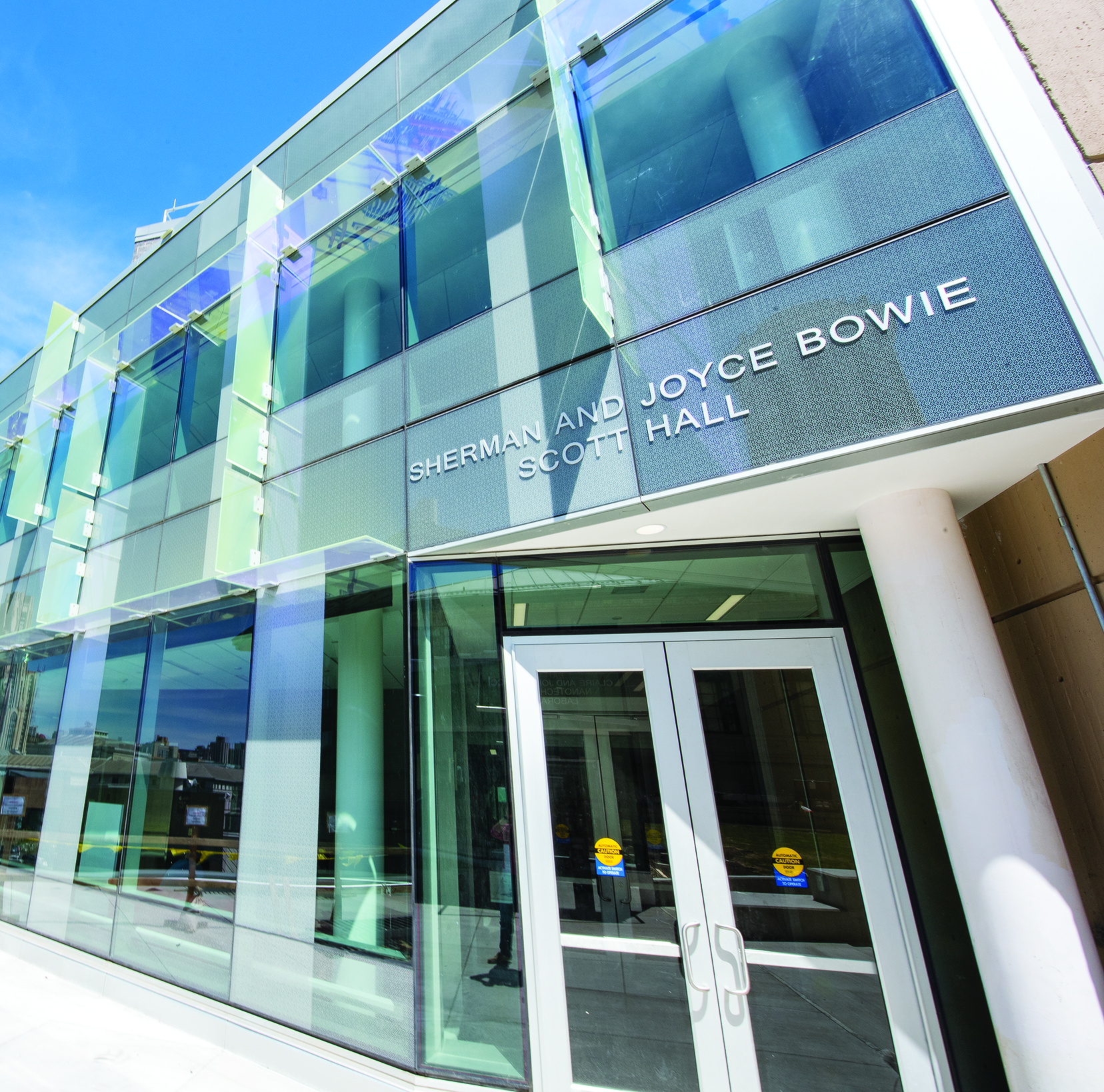
CMU Scott Institute for Energy Innovation named Top 10 among Energy Elite Universities
By Cody Januszko and Anna Siefken
Carnegie Mellon University, through the efforts of the Wilton E. Scott Institute for Energy Innovation, has been named one of the American Energy Society’s (AES) Ten Energy Elite Universities. The Ten Energy Elite ranking is part of the AES’s “Top Energy Universities 2020 Report,” which reviews 187 American research universities making significant strides in energy. CMU’s Project Olympus Incubator Program for students was also noted.
The report recognizes the energy and cleantech activities and scholars at universities who are pursuing technical and policy-based solutions to the world’s energy challenges. It highlights leading initiatives with a focus on next generation disruptive energy technologies while showcasing rising energy talent at universities, which demonstrate a strong potential for collaborative relationships and strategic partners. Founded in the 1950s, the American Energy Society serves the global energy community by providing verifiable, data-driven content, promoting energy literacy, and encouraging civility across all energy sectors.
“There are a number of great programs in this survey, but the ten elites stand apart,” said Eric J. Vettel, President of AES. “These elites benefit from visionary, effective and egalitarian leadership, and this may be their most defining attribute. Carnegie Mellon, in particular, has a solid national reputation for its numerous energy-related programs and a strong energy research portfolio.”
The report praised the Scott Institute’s skill in convening thought leadership, from exceptional faculty research partnerships to the recent co-development of the University Energy Institutes Collective with the Colorado School of Mines – which has brought together more than 150 energy institutes leaders to discuss regional and national collaboration – to its significant programming and virtual event schedule, including the nationally-recognized CMU Energy Week for academic, non-profit, government, and private sector energy leaders.
“At CMU, one of the Scott Institute’s greatest strengths is our wide reach to a variety of influencers and decisionmakers in the energy ecosystem,” said Anna J. Siefken, Executive Director of the Wilton E. Scott Institute for Energy Innovation. “Our programming and partnerships with myriad stakeholders enable us to collaborate well within the national energy landscape. Our year-round lectures, webinars, roundtables and workshops bring together key partners to discuss current trends in energy. We are honored with this recognition for our work to create a sustainable, low-carbon energy future.”
An additional strong contributor to this designation is the Carnegie Mellon College of Engineering Energy Science, Technology & Policy (EST&P) master’s program, which is co-located with the Scott Institute.
“The EST&P program at CMU gives master's students access to our university’s top-tier engineering college along with a breadth of options in policy, business, and science, so each individual can make the degree their own,” said Paul Salvador, Professor of Materials Science & Engineering and Director of EST&P. “Our program offers distinctive and customizable Master of Science degrees in energy, which are based in engineering, aligned with new discoveries in science, attuned to sustainability and the environment, and informed by a broader perspective in economics and public policy. We are thrilled to showcase this professional graduate program through AES’ designation of Energy Elite status”
In 2021, the Scott Institute will be unveiling an energy ecosystem mapping project for the City of Pittsburgh which showcases the depth of energy expertise in the region in partnership with AES. For more information about the Scott Institute, www.cmu.edu/energy or contact asiefken@andrew.cmu.edu.